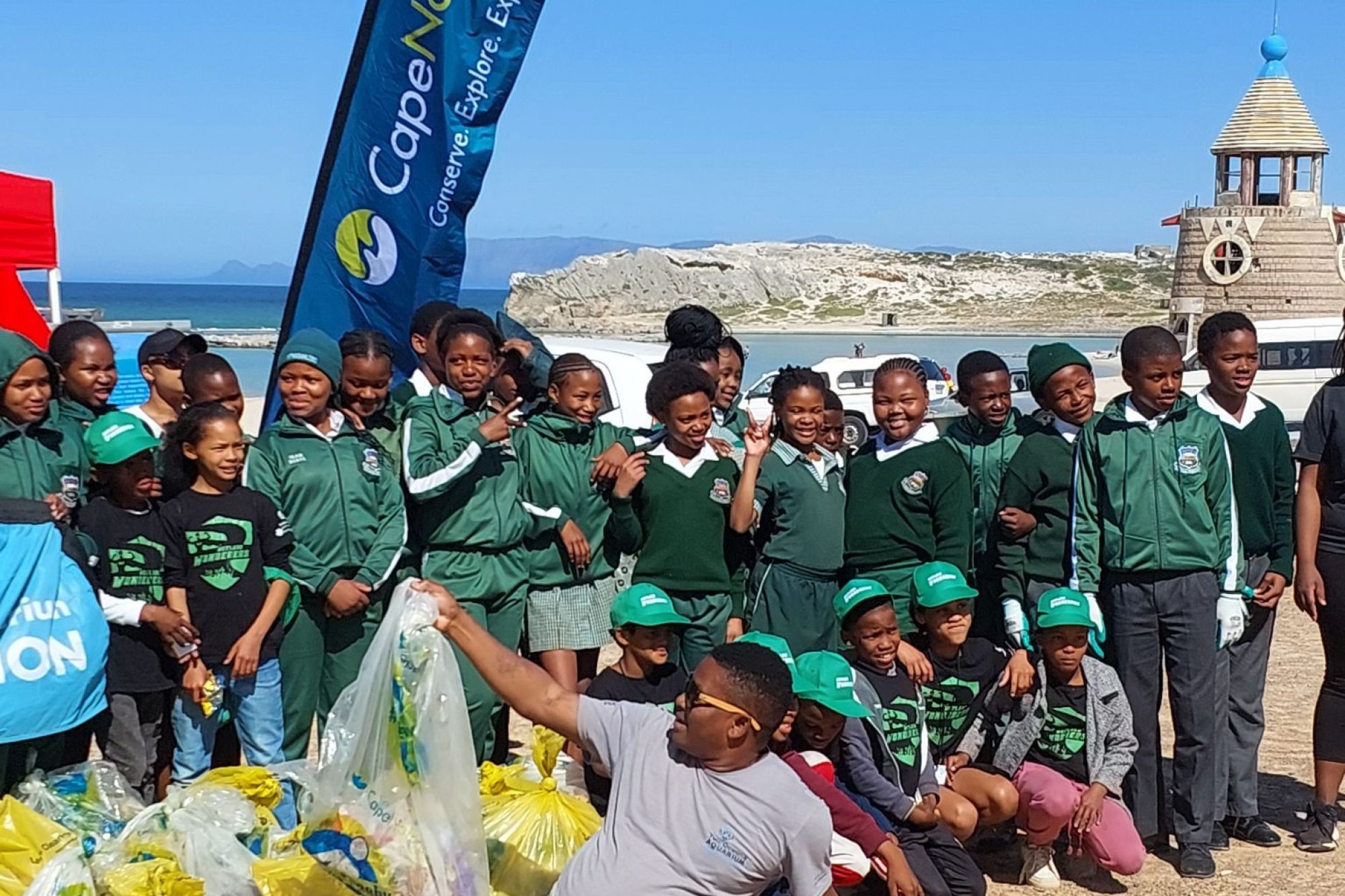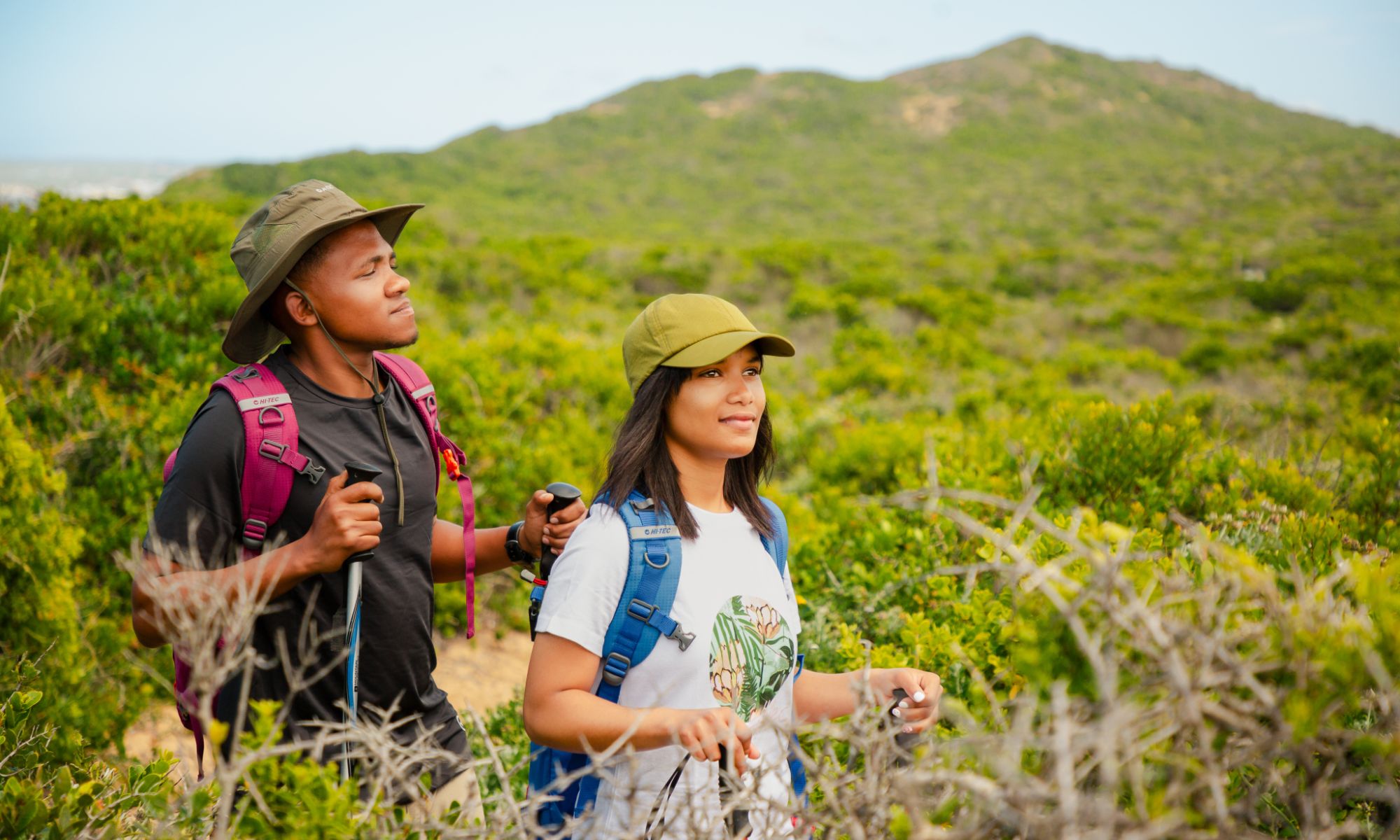
A collective effort for a cleaner coast
Recent research highlights the significant impact of waste on the Western Cape coastline, with pollution affecting popular beaches and marine ecosystems. Reports indicate that several beaches along the 307 km coastline, including Muizenberg and Fish Hoek, have consistently failed to meet minimum water quality guidelines. This pollution harms local wildlife and threatens the health and safety of residents and tourists. Efforts to manage waste effectively are crucial to preserving the region's environmental integrity.
One of these efforts comes from a group of learners from local communities and environmental agencies, who committed to doing a beach clean-up on 14 September at the Monwabisi beach. The learners were made more aware of the impact of waste on our marine life. This joint effort highlights the importance of partnerships, and the impact made in addressing the challenge of waste on our coastline.
The beach clean-up program included various activities to ensure that the message of protecting and conserving our marine environment is effectively and clearly communicated. First, a clear outline of the program was provided. This was followed by a fun and informative icebreaker activity called the human web, which highlights the importance of the interconnectedness of ecosystems and the importance of working together as a team to address challenges. Third, the concept of waste and its impact on our coastal ecosystems was introduced to ensure that the learners understood how humans impact our ecosystem.
Keeping youngsters actively involved requires experiential learning, which includes the beach clean-up. Before the beach clean-up, all the safety rules were explained to the learners, as safety is paramount to all involved. The kids immersed themselves during the clean-up and had a tremendous amount of fun while doing their part for the environment. Following the clean-up, learners had to analyse what types of waste they collected by doing a mini waste audit. The purpose of the audit was to reinforce the impact that waste has on the marine environment and the responsibility to take care of it.
Learners were also rewarded with prizes and gifts to express appreciation for their willingness and commitment in making a difference.
A word of thanks was also presented by all the environmental agencies that were involved, which included CapeNature, Shark Spotters, Two Oceans Aquarium, the Western Cape Department for Environmental Affairs and Development Planning, Mosselbank River Conservation Team, and City of Cape Town.
Together we can do more!

Related News
How can I assist you today?
How can I assist you today?





